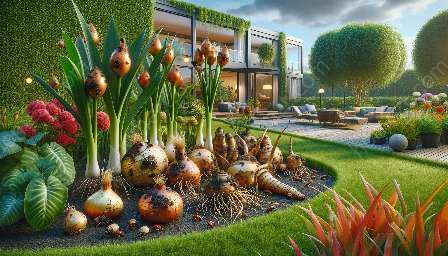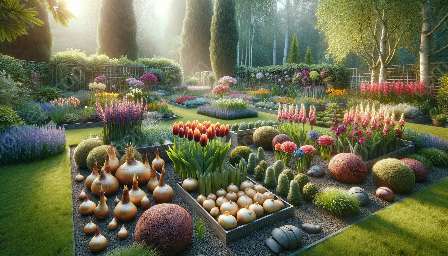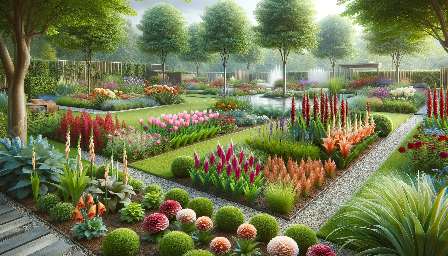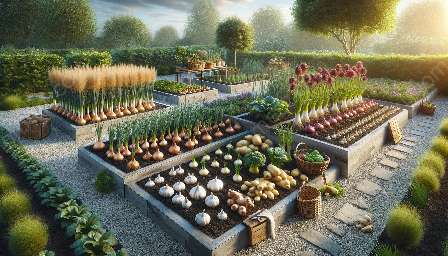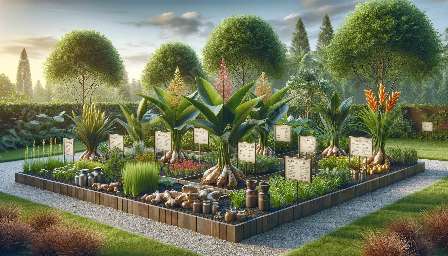Bulbs, tubers, and rhizomes have been utilized for centuries in traditional medicine for their various health benefits. As you explore the world of gardening, you can incorporate these plants into your garden not only for their ornamental value but also for their medicinal properties.
What are Bulbs, Tubers, and Rhizomes?
Bulbs, tubers, and rhizomes are part of the underground storage structures of plants. They serve as a source of nutrients and energy for the plants, allowing them to survive adverse conditions and produce new growth. These structures are also rich in compounds that have been found to possess medicinal properties.
Medicinal Uses of Bulbs
Bulbous plants such as garlic, onions, and daffodils have been used for their medicinal properties for centuries. Garlic, known for its strong flavor, contains allicin, a compound with antibacterial and antifungal properties. It is also believed to help lower cholesterol and blood pressure. Onions are rich in antioxidants and have anti-inflammatory properties, making them beneficial for overall health. Daffodil bulbs contain galantamine, a compound that has been used to treat Alzheimer's disease.
Health Benefits of Tubers
Tubers, such as turmeric and ginger, are well-known for their medicinal benefits. Turmeric contains curcumin, a powerful anti-inflammatory and antioxidant compound. It has been used in traditional Ayurvedic medicine to treat a variety of conditions, including arthritis and digestive issues. Ginger, another popular tuber, is known for its ability to alleviate nausea and reduce muscle pain.
Rhizomes for Natural Remedies
Rhizomes, like ginger and turmeric, are widely used for their medicinal properties. They contain bioactive compounds that have been studied for their potential to treat various ailments. In addition to ginger and turmeric, plants like goldenseal and galangal are also valued for their rhizomes, which possess antibacterial and anti-inflammatory properties.
Integrating Medicinal Bulbs, Tubers, and Rhizomes into Your Garden
When planning your garden, consider incorporating bulbs, tubers, and rhizomes not only for their beauty but also for their potential health benefits. Create a designated medicinal garden bed where you can plant garlic, turmeric, ginger, and other medicinal plants. You can also plant these species alongside your ornamental plants to add both aesthetic and medicinal value to your garden.
By growing medicinal bulbs, tubers, and rhizomes, you can create a natural pharmacy in your own backyard. Whether you use them for culinary purposes or holistic remedies, these plants offer a unique way to connect with nature and promote health and wellness.






